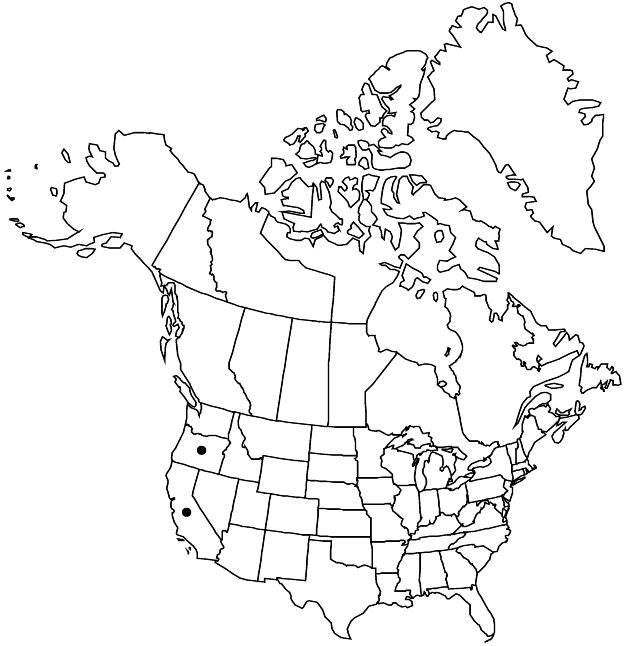Difference between revisions of "Ceanothus cuneatus"
Fl. N. Amer. 1: 267. 1838.
FNA>Volume Importer |
FNA>Volume Importer |
||
| Line 78: | Line 78: | ||
|publication year=1838 | |publication year=1838 | ||
|special status=Selected by author to be illustrated | |special status=Selected by author to be illustrated | ||
| − | |source xml=https://jpend@bitbucket.org/aafc-mbb/fna-data-curation.git/src/ | + | |source xml=https://jpend@bitbucket.org/aafc-mbb/fna-data-curation.git/src/8f726806613d60c220dc4493de13607dd3150896/coarse_grained_fna_xml/V12/V12_1033.xml |
|genus=Ceanothus | |genus=Ceanothus | ||
|subgenus=Ceanothus subg. Cerastes | |subgenus=Ceanothus subg. Cerastes | ||
Revision as of 14:42, 18 September 2019
Shrubs, 0.5–3.5 m. Stems erect, ascending, or spreading, not rooting at nodes; branchlets grayish brown to brown, rigid or flexible, glabrate, puberulent, or tomentulose, hairs straight. Leaves usually both fascicled and not fascicled on same plant, rarely none fascicled; petiole 1–3 mm; blade flat to cupped, elliptic, oblanceolate, obovate, or orbiculate, 4–22(–30) × 3–12(–22) mm, base rounded, margins thick, not revolute, entire or denticulate distal to middle, teeth 0–9, apex obtuse, rounded, truncate, or retuse, abaxial surface pale green, glabrate or glabrous, adaxial surface green, glabrous. Inflorescences axillary or terminal, 0.8–2.5 cm. Flowers: sepals, petals, and nectary white to lavender or blue. Capsules 4–6 mm wide, weakly lobed; valves smooth, horns subapical, prominent, erect, intermediate ridges absent.
Distribution

w United States, nw Mexico.
Discussion
Varieties 4 (4 in the flora).
Selected References
None.
Lower Taxa
Key
| 1 | Leaf blades of fascicled and non-fascicled leaves elliptic to widely oblanceolate, length usually 2+ times width; sepals, petals, and nectaries usually white, sometimes pale blue or pale lavender. | Ceanothus cuneatus var. cuneatus |
| 1 | Leaf blades of fascicled and non-fascicled leaves widely oblanceolate, widely obovate, or orbiculate, length usually less than 2 times width, or of fascicled leaves elliptic to narrowly oblanceolate (in var. fascicularis); sepals, petals, and nectaries usually lavender to blue, sometimes pale blue, rarely white. | > 2 |
| 2 | Leaf blades of fascicled leaves elliptic to narrowly oblanceolate, 9–15 × 3–6 mm, length usually 2+ times width. | Ceanothus cuneatus var. fascicularis |
| 2 | Leaf blades of fascicled leaves widely oblanceolate, widely obovate, or orbiculate, 4–15 × 3–12 mm, length less than 2 times width. | > 3 |
| 3 | Leaf blade margins usually entire, rarely 1–4-toothed, apices rounded, truncate, or retuse. | Ceanothus cuneatus var. ramulosus |
| 3 | Leaf blade margins 5–9-toothed, apices rounded to truncate. | Ceanothus cuneatus var. rigidus |